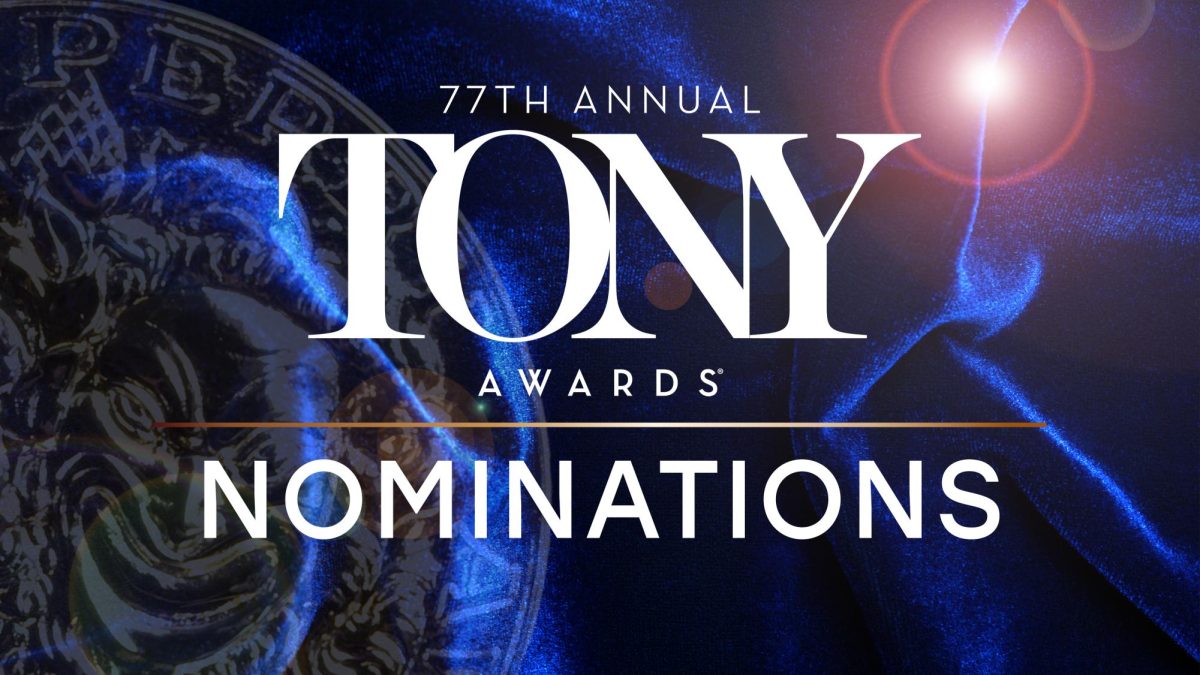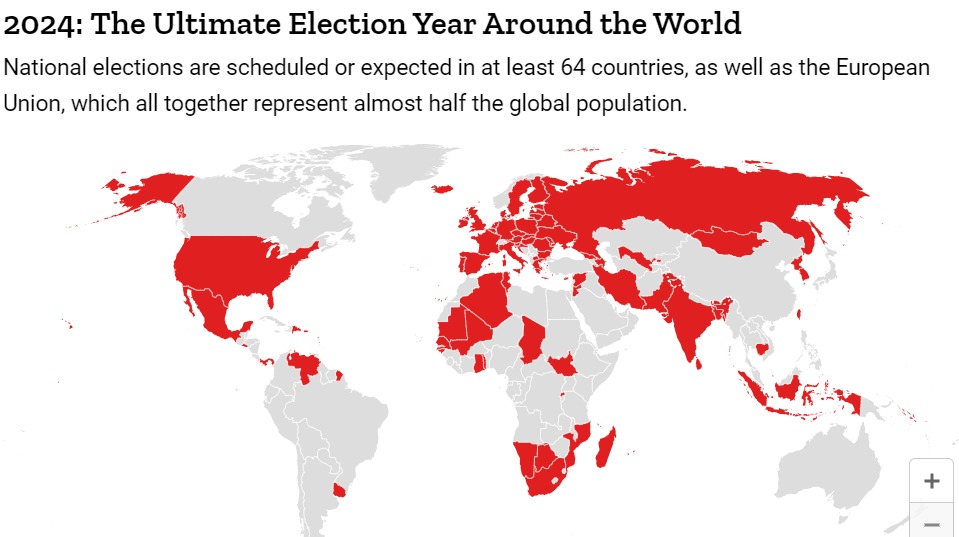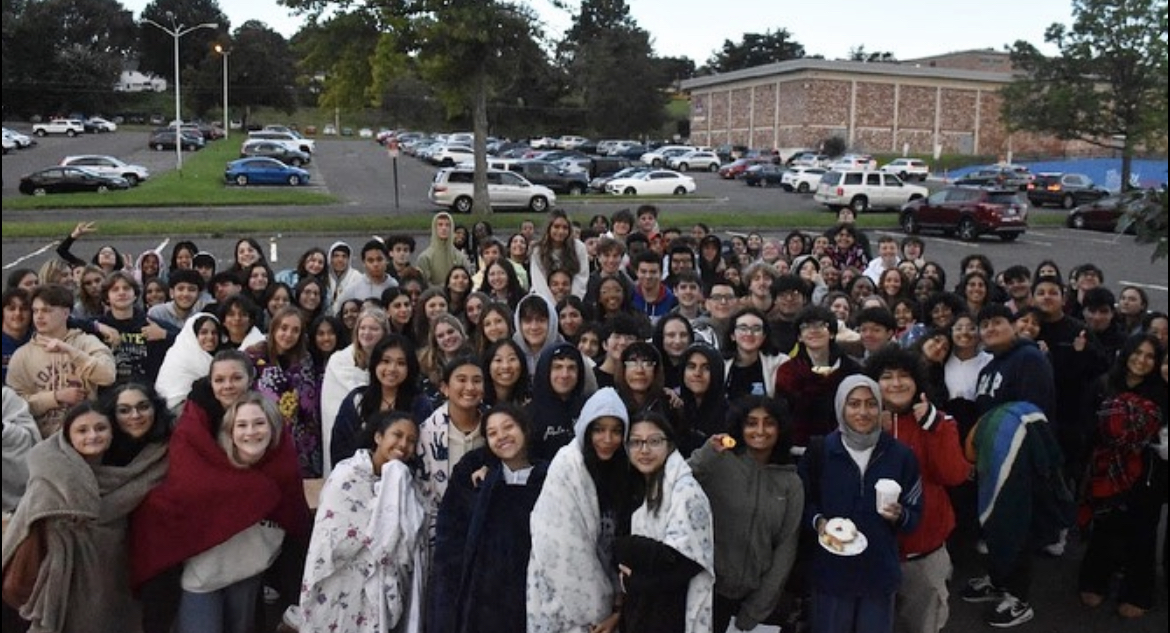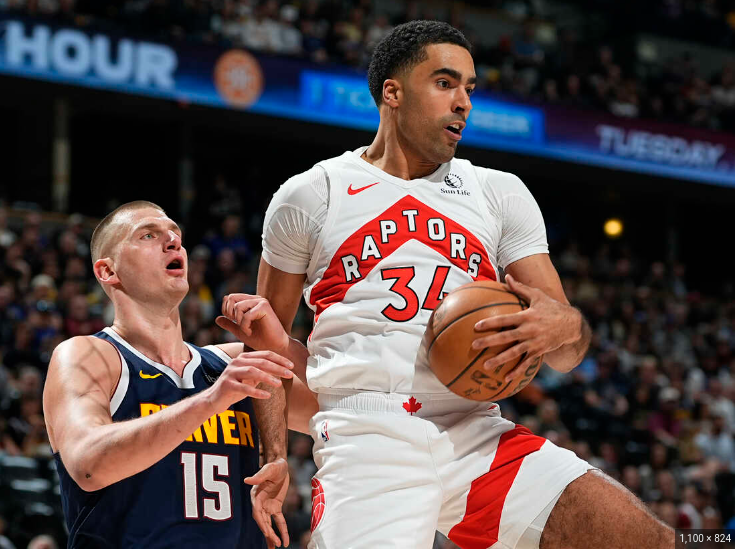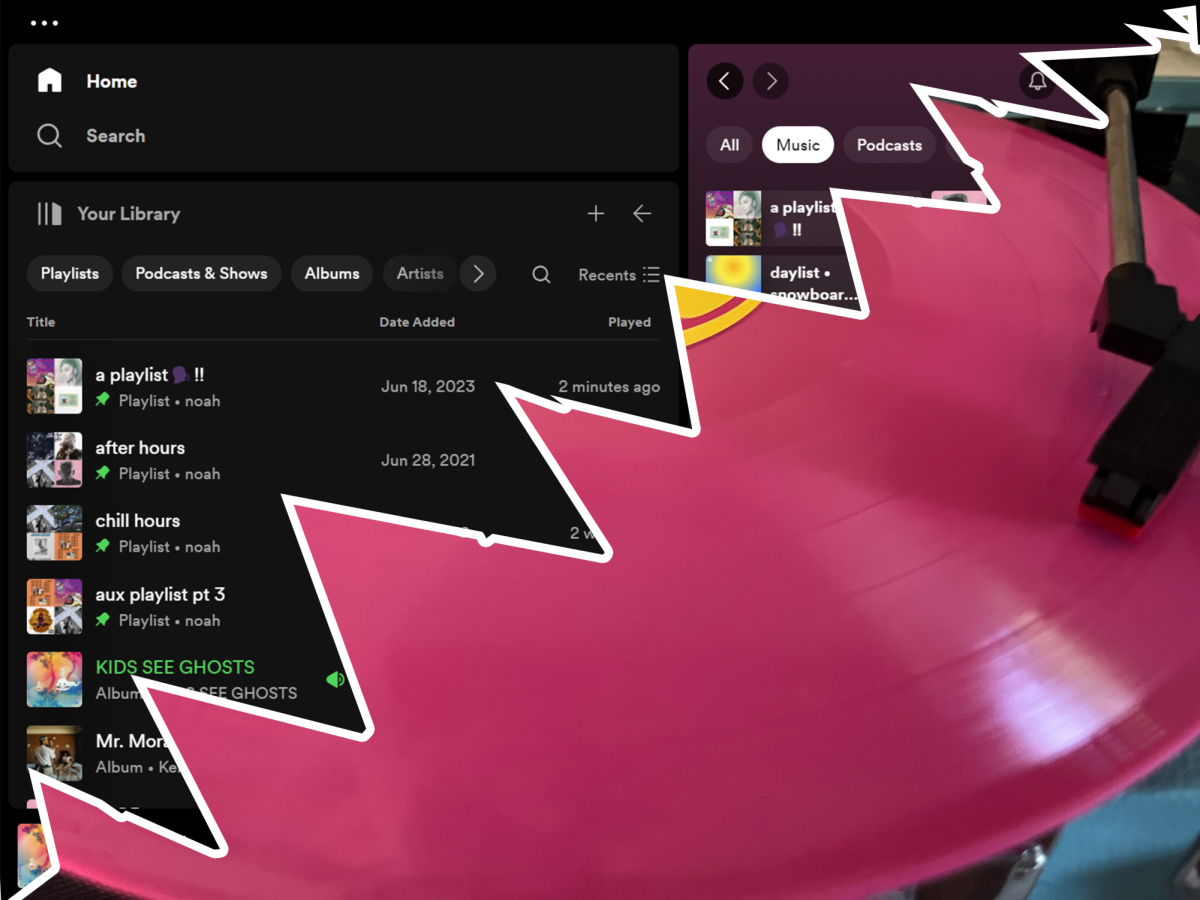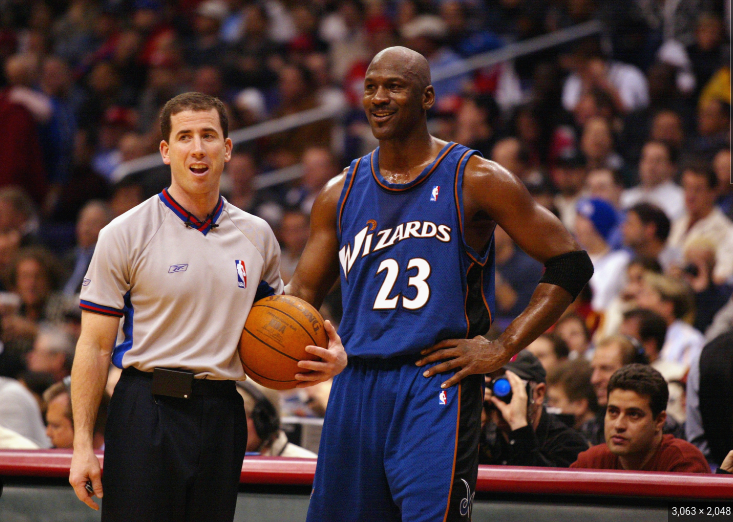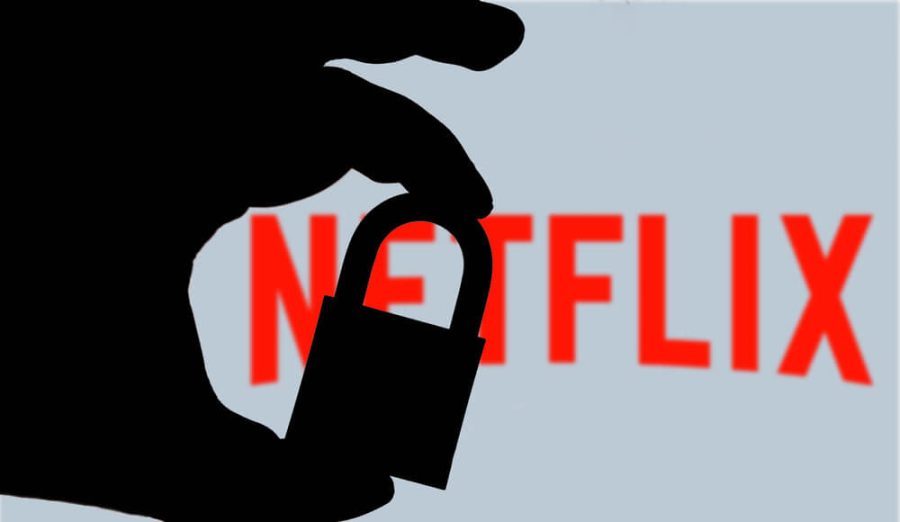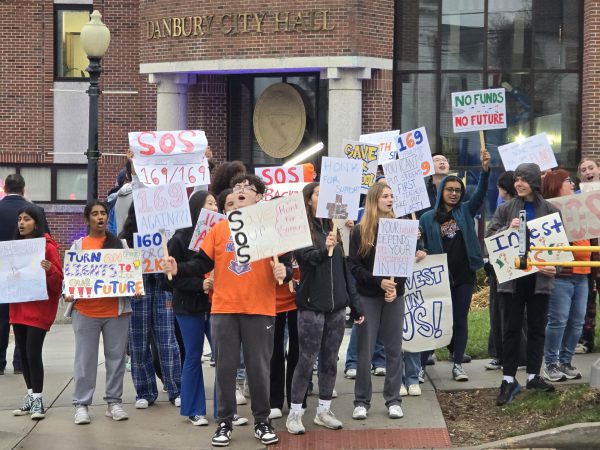Could Netflix’s New Password Sharing Restrictions be the End of the Company’s Monumental Success?
February 22, 2023
For the past 12 years, Netflix has been the world’s largest streaming service with nearly 231 million worldwide subscribers generating $31.616B in revenue for 2022.
However recent changes in content and pricing plans have resulted in much criticism from Netflix subscribers leading to the question many have on whether Netflix can make these significant changes and still maintain its top streaming service status.
The controversy originated over the pandemic when many people on social media shared their disapproval with the platform’s choices in canceling and taking off shows.
From more recent shows that came out in 2023 such as 1899 which hit the global top 10 after first premiering and was canceled just weeks after the first season came out, to shows like Winx Club which was canceled after spending 5 weeks on the Global Top 10 that received more than one season before being cut off, Netflix has shown a tendency to cancel shows very abruptly whether they have had huge success or not, without ever giving them a chance to gain more popularity.
In response to the Netflix show 1899 being canceled, a viral tweet from user @CaseyExplosion emphasized the anger many fans of 1899 share towards Netflix. @CaseyExplosion’s tweet explained that she is not the only Netflix user sick of shows being canceled so quickly after they first came out and how she believes that is only causing harm to the company. “They have effectively trained their own audience never to get invested in any of their shows. It’s short term cost-cutting, long-term harm.”
While Netflix has responded to these accusations making the statement that they “have never canceled a successful show,” Netflix users have shown their obvious opposition to what Netflix deems as a “successful show” through various protests and often unsuccessful petitions created by fans.
While this is not a new issue Netflix has been criticized for, Netflix not only recently introduced new pricing plans that include ads, but as of late January, also a new method to prevent password sharing.
Netflix announced that in about two months, it will begin charging accounts for password sharing outside of households making it very difficult and inconvenient to share passwords with friends and family who live in different houses.
The U.S. is not the first country that Netflix is bringing password sharing restrictions to. According to Wired, “For almost a year, Netflix has been piloting an approach in Chile, Costa Rica, and Peru” to prevent password sharing. As stated by Netflix, they have been using “IP addresses, device IDs, and account activity” to establish where devices are streaming content from, hence blocking access to accounts that are not within the address registered with the account.
Current Netflix subscribers are not the only people threatening to abandon the platform after this is implemented. An anonymous high school student who uses her parents account emphasizes how Netflix will also lose future Netflix subscribers from the younger generations.
“I’m not going to pay for a full price Netflix account for myself in college.” The student explains that password sharing restrictions will result in people who currently use their parents account to end up never purchasing one for themselves, especially because of how “expensive” the cost of a subscription has become.
“From Hulu, to Prime Video, to Disney Plus, and a lot more, we already give so much money to streaming platforms and it’s obvious that a lot of people who share accounts won’t use Netflix at all.”
Adding on, DHS student Chris Zelaya highlighted his belief that who subscribers share their passwords with is “none of Netflix’s business.” Zelaya argues that Netflix putting restrictions on password sharing is just the company trying to make more money even if it means making the platforms less convenient for subscribers.
Even with the general consensus being that people don’t want to lose password sharing, Netflix appears to be set upon implementing this new policy, believing that the money saved from the millions of households that share passwords will supersede their losses from canceled subscriptions.




